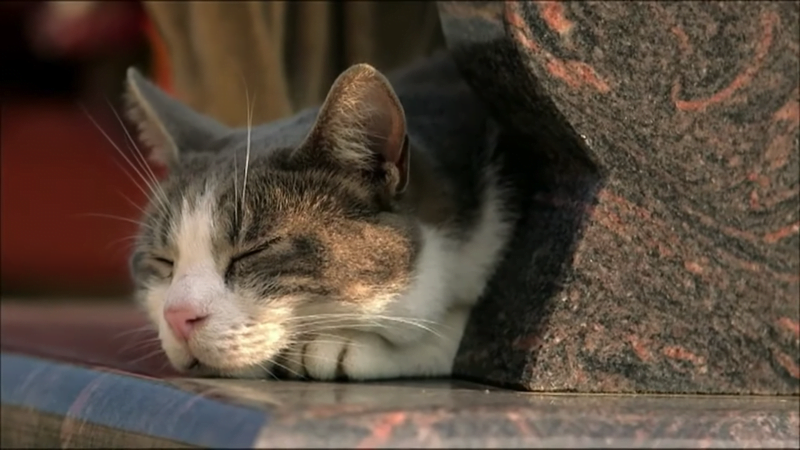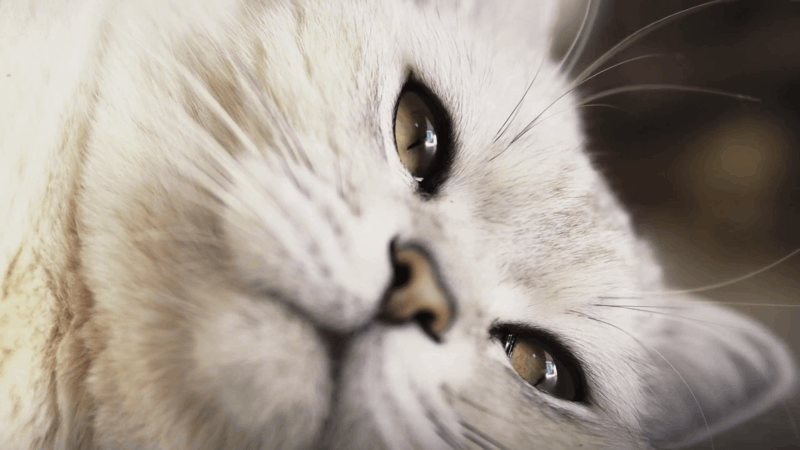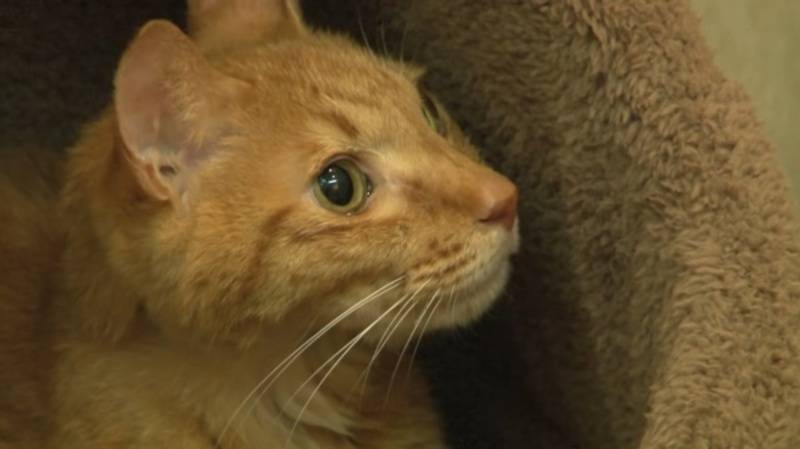No products in the cart.
Is catnip good for cats? This is a question many pet owners ask when considering ways to entertain their feline friends. Catnip, a herb from the mint family, is well-known for its unique effect on cats, causing everything from euphoric frolicking to tranquil relaxation.
We’ll talk about how catnip can improve playfulness and relaxation for cats in this blog, along with safety considerations to make sure it’s handled responsibly.
Catnip for Cats and the Fascinating Effects of This Herbal Delight
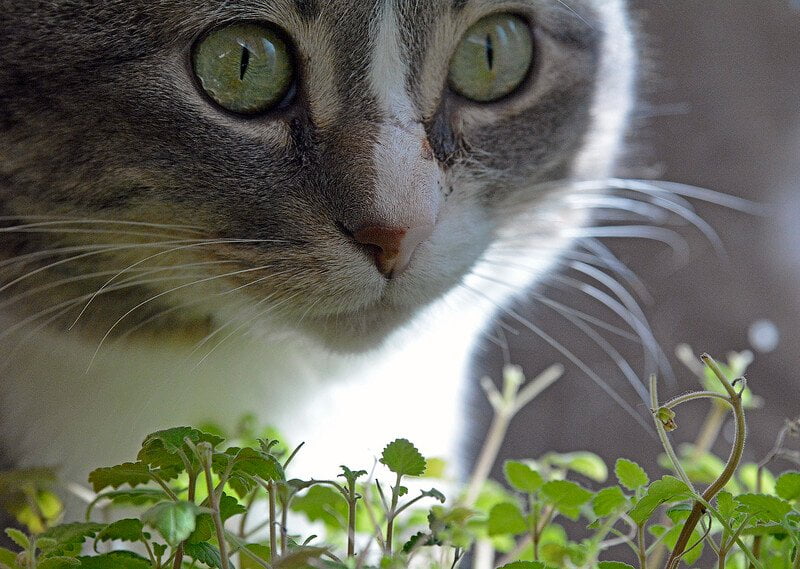
Catnip, a member of the mint family, is famed for its stimulating effects on cats. This herb releases nepetalactone, which can cause euphoric reactions in many felines. Whether found in gardens or as a part of cat toys, catnip serves as a delightful treat for cats, offering them moments of intense joy and activity.
What is Catnip?
Catnip triggers a euphoric response in many cats, due to a chemical compound in the plant called nepetalactone. This reaction can cause cats to roll, paw at, and purr around catnip, providing them with a temporary state of heightened happiness and playfulness. This typically lasts about 10 minutes, after which the cat may lose interest temporarily.
What does Catnip Do for Cats?
Catnip has several notable effects on cats, primarily due to a chemical compound in the plant called nepetalactone. Here are some benefits of catnip for felines:
- Induces euphoria: When cats smell catnip, they often exhibit euphoric and happy behaviors. This is caused by the compound nepetalactone, which binds to receptors in their noses and stimulates sensory neurons leading to the brain.
- Stimulates playful behavior: Exposure to catnip can cause cats to become exceptionally playful. They may roll on the ground, flip over, and exhibit hyperactivity. This playful behavior is usually short-lived but can be quite intense.
- Triggers a relaxation response: After the initial active period, some cats may display a relaxation response. They might lie down and appear very mellow, often purring loudly. This sedative effect makes catnip useful for calming cats in stressful situations.
- Acts as a training aid: Catnip can help motivate cats during training by putting it on scratching posts or toys. This encourages them to use these items instead of furniture.
- Provides enrichment: For indoor cats, catnip is great for adding variety to their day. It gives them mental and physical exercise, keeping things interesting.
- Helps with bonding: Additionally, catnip can improve the attachment between a pet and its owner. Their bond can be strengthened and their interactions made more enjoyable by playing with catnip toys together.
Due to genetic differences, not every cat will be affected by catnip, and each may react to it differently. The effects normally persist for ten minutes or so, after which the cat can get disinterested and not respond for a while, usually a few hours later.
How Old Do Cats Have to be for Catnip?
When a cat is between three and six months old, cats usually start to react to catnip. However, the full reaction to catnip usually becomes more apparent as they mature. It’s important to note that not every cat responds to catnip. Genetics determines the susceptibility to this herb; 30% to 50% of cats may not react at all.
For kittens under three months, they do not react well to catnip. As they grow older, those that are genetically predisposed to enjoy catnip may start showing interest and typical behaviors such as rolling, pawing, and playful hyperactivity. However, the degree and form of the response might vary greatly between cats.
Is Catnip Good for Cats?

Catnip is good for cats because it offers many benefits. It keeps them active and engaged by providing mental and physical stimulation. Catnip also helps with behavior, encouraging cats to scratch posts and play with toys instead of furniture. After the initial excitement, it has a calming effect, which can help cats reduce stress and anxiety.
To avoid cats becoming accustomed to catnip or experiencing gastrointestinal issues if they consume excessive amounts, it should be administered in moderation.
Why Do Cats Go Crazy for Catnip?
Cats are crazy about catnip mainly because it contains nepetalactone. This substance strongly attracts many cats and affects their brains. Here’s how it works:
- Olfactory reaction: When a cat smells catnip, a substance called nepetalactone enters its nose and activates special nerve cells. These neurons lead directly to the brain.
- Brain response: The brain region in charge of controlling emotions and behavior, the hypothalamus, is activated by this contact.
- The activation of these areas can cause behaviors often associated with female cats in heat (though both male and female cats can experience it).
- Behavioral changes: Cats may rub against the catnip, roll on the ground, vocalize more than normal, or display hyperactivity as a result of the brain’s reaction. These actions show that they are extremely happy, much like how people behave when they feel great joy.
- Genetic disposition: Not all cats respond to catnip. The sensitivity to nepetalactone is hereditary, and about 30% to 50% of cats are immune to its effects. The reaction is also absent in very young kittens.
The reaction to catnip is brief, generally lasting about 10 minutes. After that, cats usually lose interest and may not respond to catnip again for a couple of hours. The intensity and nature of their response can vary from one cat to another but typically involves a lot of playful and sometimes erratic behavior. This fascinating reaction is what makes cats seem to “go crazy” for catnip.
Does Catnip Have Weed in It?
Catnip does not contain weed or any substances that affect the mind like marijuana does. Catnip and marijuana are entirely different plants; catnip belongs to the mint family and affects cats through its natural oil, nepetalactone, while marijuana is from the Cannabis plant and contains THC, which affects the brain’s receptors in humans and is toxic to cats.
It’s critical to distinguish between these two plants because of their diverse characteristics and functions.
Differences Between Catnip and CBD Oil
Catnip and CBD oil differ significantly in their source, effects, and uses:
| Aspect | Catnip | CBD Oil |
| Source | Derived from the Nepeta cataria plant, a member of the mint family. It is most commonly used dry. | Selected strains of Cannabis sativa, derived from hemp plants. Does not have a psychotropic impact. |
| Effects | Causes temporary euphoria and playfulness in cats due to nepetalactone. | Utilized for possible therapeutic benefits, including lowering inflammation, discomfort, and anxiety in both people and animals. |
| Uses | Used primarily for recreational purposes to stimulate playful behavior in cats. | Used for its health benefits, including calming anxiety, reducing symptoms of arthritis, and other medicinal purposes in pets. |
Both products are safe for cats when used appropriately, but their purposes and effects are quite distinct. For more information on CBD products for pets, you can visit Pet CBD Club.
Can I Give My Cat Catnip Everyday?
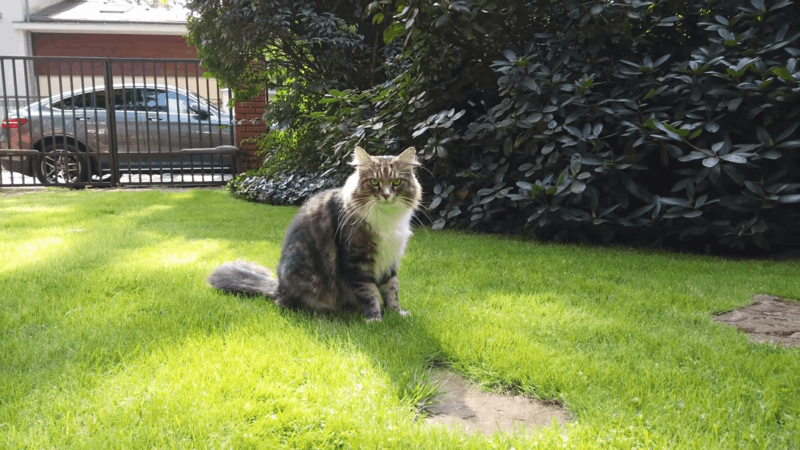
You can give your cat catnip on a daily basis, but to keep it interesting and productive, you must provide it in moderation. Frequent application of catnip may cause desensitization, in which case your cat may stop reacting to it.
To avoid this, consider varying how you provide catnip—using different forms such as fresh plants, dried flakes, or infused toys. Monitor your cat’s reaction to ensure they continue to enjoy their catnip sessions without adverse effects. By managing the frequency and amount, catnip can safely be a part of your cat’s daily routine.
Conclusion
Is catnip good for cats? Yes, it may really make a wonderful addition to your cat’s life, offering stimulation, amusement, and rest. However, moderation is key to avoid desensitization and ensure it remains a special treat for your pet. Catnip may be a fun and helpful herb for your cat companion if used properly; it can improve their surroundings and make them happier and healthier overall.
Hello, I am Hazel Bennett, an experienced copywriter specializing in the fascinating topic of CBD for dogs. With a passion for pet wellness and extensive knowledge of CBD’s potential benefits, I am here to provide you with informative and engaging content.

